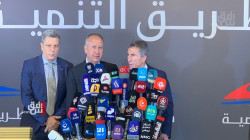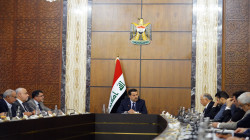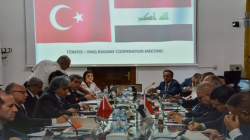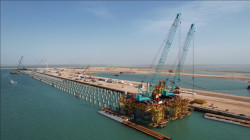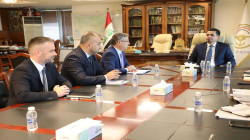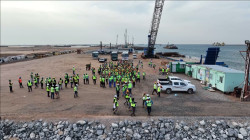Why Development Road Project Avoids Kurdistan Region?
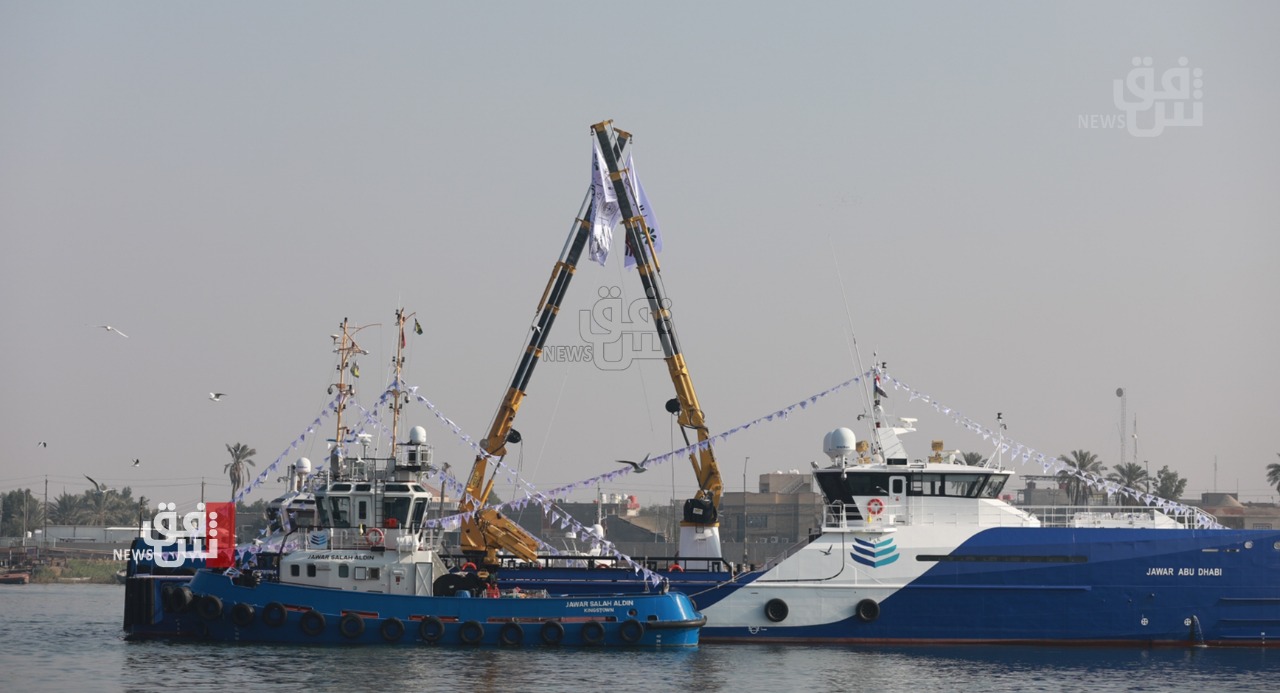
Shafaq News/ On Saturday, Basem Al-Awadi, the Iraqi Prime Minister's spokesman, explained why the Development Road project was not passing through the Kurdistan Region.
According to Al-Awadi, the designing company initially planned for the road to pass through the Kurdistan Region but encountered challenges due to the Region's rugged geography, which consists of mountain ranges and large valleys.
The decision to avoid passing through the Kurdistan Region was based on technical considerations related to the challenging terrain, increased cost, and longer project duration. He explained.
Al-Awadi stated that when the planners drafted the road route traffic plans for the Kurdistan Region, they realized that implementing the plan would extend the project's timeline by two years, making it a six-year project instead of four years. Additionally, the project's cost in the Kurdistan Region would increase by $3 billion, totaling $20 billion instead of $17 billion.
The spokesman highlighted that the planners would require more than ten long bridges for the land road and more than ten long tunnels to be dug through the mountains for the railway, connecting the Iraqi port of Al-Faw to the Turkish port of Vishakhur.
Regarding Iraq's commitment to completing the project without obstacles, Al-Awadi mentioned that after studying the plan, the planners opted for the Rabia and Mosul road leading to the Turkish Fishakhur due to technical reasons and the need for a faster completion time.
He concluded by stating that after the project is completed, particular roads will be established to connect the land and railways with the governorates of the Kurdistan Region.
The Development Road Conference concluded in Baghdad with the participation of transportation ministers or their representatives from Saudi Arabia, Iran, Turkey, Jordan, Syria, the United Arab Emirates, Kuwait, Qatar, and Oman. Representatives from the European Union and the World Bank were also present.
During the conference, the Prime Minister emphasized the significance of the Development Road project and its current and future importance. Furthermore, he highlighted the interconnectedness and economic integration among regional countries and strengthened partnerships and benefits through the project and related initiatives.
Discussions among the participating delegations focused on the implementation steps and the translation of leaders' understandings into a comprehensive roadmap for initiating development projects associated with the Development Road. In addition, the importance of the project at the regional level was emphasized, along with the need to strengthen partnerships, promote economic integration, and establish platforms for effective economic development.
Topics covered included infrastructure, diversification, transportation, industry, agriculture, renewable energy, and investments in airports, high-speed trains, and road networks. The integration of the Development Road with regional ports, feasibility studies, advisory body collaboration, implementation timelines, financial returns, and detailed data was also discussed.
The Development Road conference concluded by forming technical committees to establish a comprehensive vision for the participation of brotherly and friendly countries in this vital strategic project.
